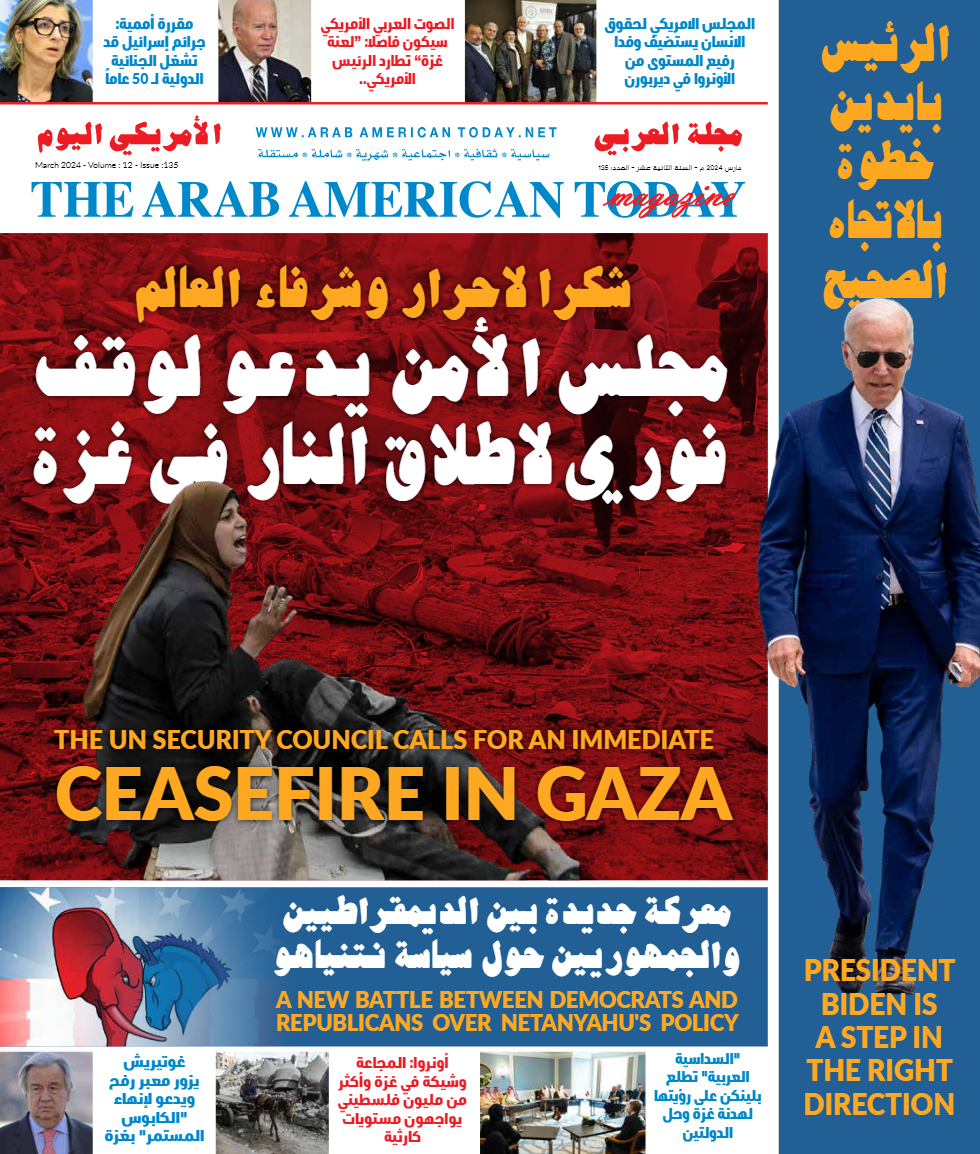
How the 2019 economics Nobel Prize winners can help Saudi Arabia
2019-10-23

Omar Al-Ubaydli
The ground-breaking theory of social experimentation that was rewarded with the Nobel Memorial Prize this year is already being used in Saudi Arabia to achieve some of the government’s social policy goals and should be applied with even greater effect.
Abhijit Banerjee (MIT), Esther Duflo (MIT), and Michael Kremer (Harvard University) won the prestigious award this year for their “experimental approach to alleviating global poverty.” The economists took the technique of “randomized control” – changing variables randomly, popular in science laboratories – and applied it to a range of development policy areas including poverty, education, and healthcare.
As Western governments start working with scholars to use randomized control to enhance their policies, there are signs that some of the lessons have been absorbed in Saudi Arabia, where the government is implementing its crucial Vision 2030 development plan.
These methods have been applied to one of Vision 2030’s key aims: increasing labor force participation in Saudi Arabia.
In 2017, economists Leonardo Bursztyn, Alessandra Gonzalez, and David Yanagizawa-Drott used the techniques popularized by this year’s laureates to study why Saudi men might be reluctant to express approval for their wives working. In a study partially funded by the Human Resources Development Fund of Saudi Arabia, they asked 500 young, married, Saudi Arabian men to take part in a survey on the subject.
At the end of the survey, they offered each man a choice: a small bonus payment, or signing their wives up to a job-matching mobile application specializing in the Saudi female labor market. About a quarter chose the app. The researchers then followed up with the participants over the course of the next six months, to see if their wives had succeeded in getting interviews and/or jobs.
At the outset, Bursztyn and his colleagues also asked the young Saudi men to guess the percentage of Saudi men that approve of women working (it was 87 percent). They found that the men significantly underestimated the support levels. Adopting the techniques used by the Nobel Prize winners, the researchers randomly divided the men into two groups: one group were told about the 87 percent, while the other were not. The former group were 36 percent more likely to sign their wives up for the app, and several months later, their wives were more than twice as likely to have applied for a job outside the home, and six times as likely to have secured an interview.
By applying the policy being studied (revealing men’s true attitudes) to a randomly selected group in order to obtain a precise estimate, the scientists used the method of “randomized control.” While the method goes back to the 18th Century Scottish surgeon James Lind, who determined the cause of scurvy by quasi-randomly selecting sailors to receive Vitamin C and studying the effects, the application of the method to development issues – in this case female labor participation – offers unique behavioral insights that benefit Saudi Arabia.
One of the Nobel Prize winners Kremer used the technique in a 2009 study to estimate the effect of the Hajj pilgrimage on Muslims’ attitude toward women and people of other faiths. Acquiring Hajj visas has an element of randomness in many countries. In Pakistan, the number of people applying for a Hajj visa every year exceeds the number of available visas, and so the government randomly allocates the visas among the applicants. By comparing those fortunate enough to randomly win this lottery to those who unfortunately missed out, Kremer and his coauthors concluded:
“Hajj increases belief in equality and harmony among ethnic groups and Islamic sects and leads to more favorable attitudes toward women, including greater acceptance of female education and employment. Increased unity within the Islamic world is not accompanied by antipathy toward non-Muslims. Instead, Hajjis show increased belief in peace, and in equality and harmony among adherents of different religions.”
| “Hajj increases belief in equality and harmony among ethnic groups and Islamic sects and leads to more favorable attitudes toward women, including greater acceptance of female education and employment. Increased unity within the Islamic world is not accompanied by antipathy toward non-Muslims. Instead, Hajjis show increased belief in peace, and in equality and harmony among adherents of different religions.” |
Without randomized control, it would have been impossible to demonstrate these profound effects in a scientifically defensible manner. These isolated applications of randomized control in Saudi Arabia are promising. The challenge for the government is to adopt the technique systematically in a much broader arrange of policies, to elevate the scientific integrity of the process.
The labor market is an excellent arena for this approach: many new policies have been introduced, nationalization quotas, job-matching programs, training workshops, and so on. Randomized control trials can help the government discern which programs are the most worthy of funding. For example, the government should use randomized control to assess the impact of wage subsidies on employment rates, the skills gained by workers, and the performance of firms in the private sector. Without randomized control, it is impossible to identify the impact of expensive and potentially useful policies.
The most important lesson to draw from the Nobel Prize is that the process of proposing, implementing, and refining policies is greatly aided by rigorous experimentation. For centuries, only the natural sciences used randomized control, but the 21st century has seen the same technique become mainstream in social sciences, from where it has reached government economic policy. Vision 2030 is the perfect platform for Saudi Arabia to showcase these methodological developments.
__________________________
Omar Al-Ubaydli is a researcher at Derasat, Bahrain. He tweets @omareconomics.
















